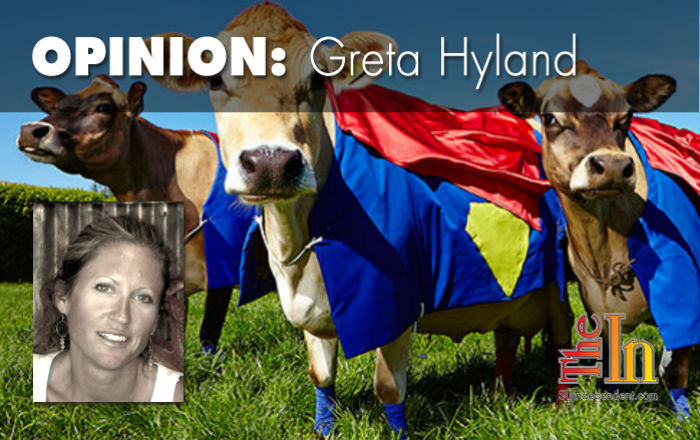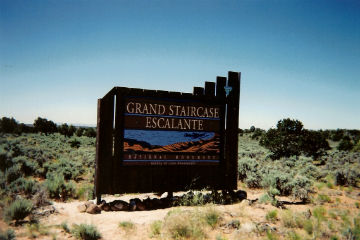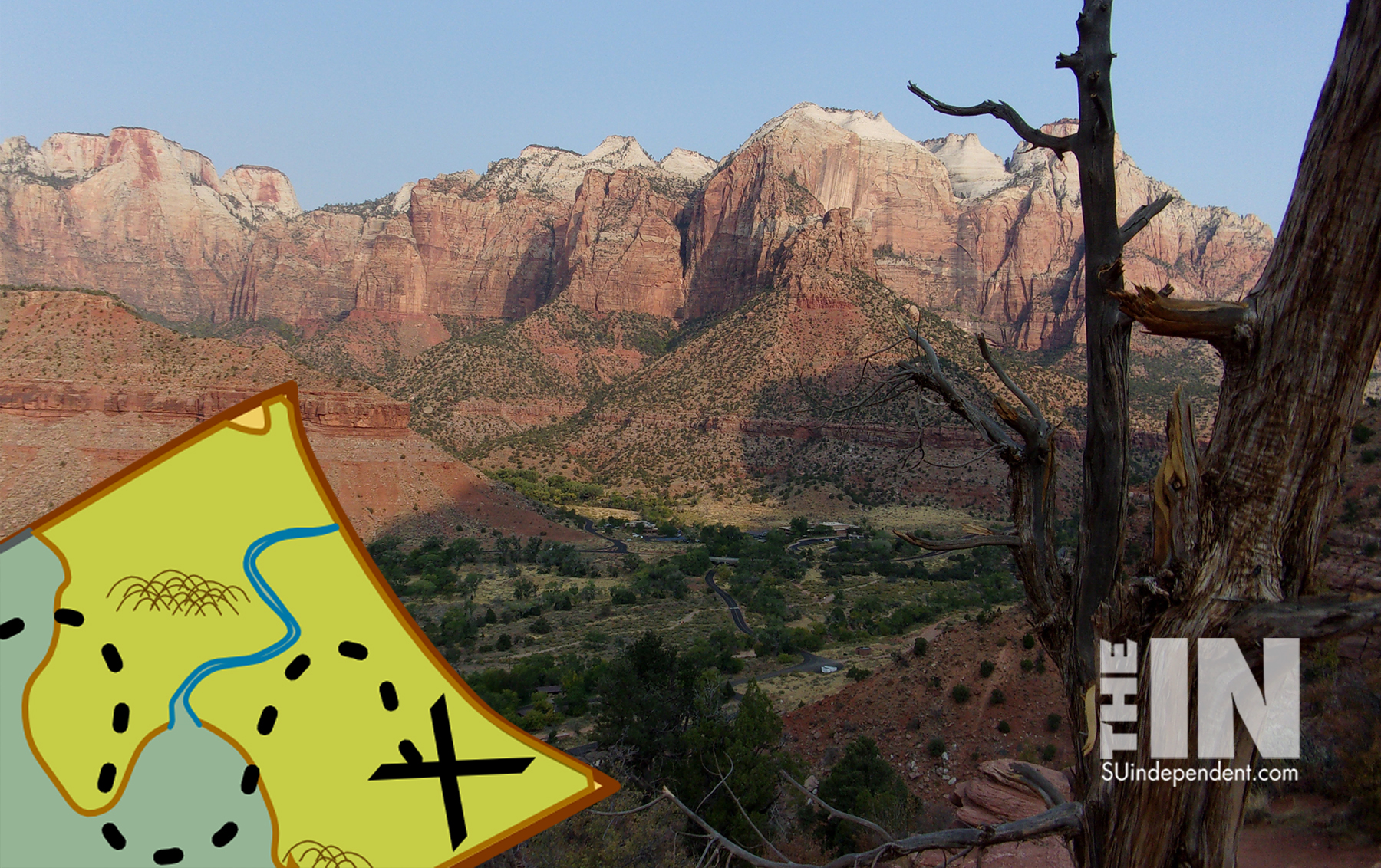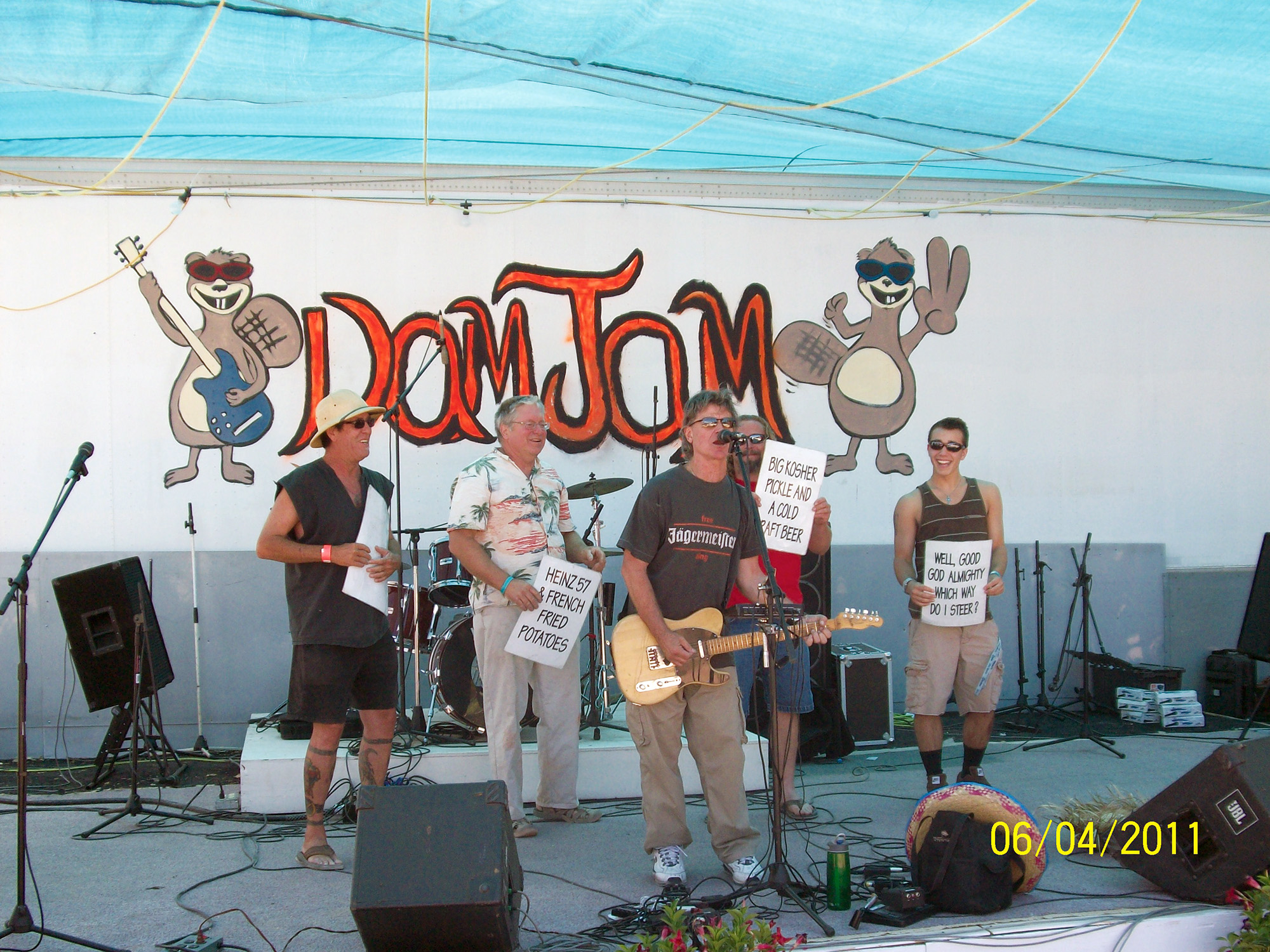
Written by Greta Hyland
What if cows could save the world? That is a question that Senator Orrin Hatch, Representative Chris Stewart, Senator Mike Lee, Senator Hinkins, and Representative Mike Noel would like us to take seriously—seriously enough to try to use it as the basis for a legislative blitzkrieg to save grazing rights, take public land, and combat climate change all in one. Yes, you heard that correctly.
Of all the climate scientists in the world today, these politicians found a junk scientist, Allan Savory, who has a theory that matches their own western fantasies and that can be sold to conservative constituents who will buy and support it, hook, line, and sinker. How? Because it is another strand in the narrative of taking public lands from the federal government packaged in western nostalgia. They have cloaked the legislation in climate change credibility, while the actions of the legislation will actually compound climate change impacts and chip away at federal control of public lands, starting in Grand Staircase-Escalante National Monument.
So what is this blitzkrieg? Senators Hatch and Lee proposed S. 365, “To improve rangeland conditions and grazing levels in Grand Staircase Escalante National Monument, Utah,” in Congress. Senator Hatch and Rep. Stewart proposed a “state grazing pilot program that will allow states to enter into 20-year cooperative agreements with the Secretary of the Interior, granting them the ability to manage up to two federal grazing allotments or more if granted a special waiver.” And last but not least, Rep. Noel and Senator Hinkins proposed H.C.R. 8, “Concurrent Resolution on Carbon Sequestration on Rangelands.” These Utah politicians are some busy bees.
It is important here to take note of Rep. Noel and Sen. Hinkins’s H.C.R. 8, because they are suggesting that their plan will “sequester all of the additional CO2 produced by human activity from the beginning of the Industrial Revolution to the present day.” That is a bold assertion. Of course, Rep. Noel does not cite the science behind this claim in his Deseret News Op-ed, so a heavy dose of skepticism should be employed when considering his legislation.
The end game of all of this legislation, however, is the same: all three proposed actions by these men are attempts to undermine science and federal land management and further wrangle control of public lands from the federal government. The idea that we can save grazing while saving the planet is as fraudulent as diet pill manufacturers promising that if you take their pills you can eat whatever you want, do minimal exercise, and look like a cross fit instructor at the end. Politicians peddling grazing is the new carpetbagging.
Where are they getting all of this pseudoscience? Allan Savory. Savory is a man who claims that cattle grazing in arid, desert landscapes is not only good for the land but can also combat climate change.
His theory? Put more cattle on the land (up to 400 percent more cattle), and try to recreate “the natural symbiosis between plants and animals,” kind of like that between bison and grasslands. Except that cattle are not like bison at all: they are not native animals, and they do the exact opposite of what Savory claims.
Savory claims that, “These grasses would absorb enough carbon to counteract the methane production that’s associated with cattle husbandry (thanks to cow burps and farts) and halt global warming.” Nevermind that he is suggesting the grasses will somehow compensate for the increased cattle and methane by-product. When looking at Savory’s theory against the science that says cattle contribute to desertification, it looks like a wish granted by the proverbial genie. And that’s exactly what it is: wishful thinking.
Furthermore, Savory has not put his theory out for peer review, which is the arduous process scientists go through to have their theories validated, and no one has been able to duplicate the results he claims to have produced. Therefore, the scientific community has shunned him as a quack.
And yet, his theory sounds an awful lot like that being cited by Rep. Noel and Sen. Hinkins.
Funny how our politicians will write off thousands of scientists who claim climate change is real but will believe one pseudoscientist who makes unsubstantiated claims that more grazing is good for the environment.
 Perhaps we should require that our politicians’ legislative proposals go through the same rigorous review that scientists go through. Then, maybe, they will produce good laws and take science seriously. As it stands, politicians can cherry pick “experts” who support their ideology without being questioned or scrutinized.
Perhaps we should require that our politicians’ legislative proposals go through the same rigorous review that scientists go through. Then, maybe, they will produce good laws and take science seriously. As it stands, politicians can cherry pick “experts” who support their ideology without being questioned or scrutinized.
This sort of ideological bias that goes against hard science while addressing scientific concerns must be called to account. But beyond that, we must ask why they are proposing such legislation that goes against science, fact, and reason. What do they have to gain? Why will our legislators believe this one man who goes against decades of scientific fact and has been outcast by the scientific community?
Perhaps it is confirmation bias. They are looking for anything that aligns with their already predisposed beliefs. Both Noel and Stewart claim a ranching/farming history; that would certainly predispose them to favoring legislation that protects and enhances grazing. If only all of us could propose pet legislation that protects our own traditions. The problem with this particular stream of legislation, however, is that it amounts to faith-based science rather than fact-based science—and in the environmental arena, that matters. But that hasn’t stopped our politicians from using a disproven hypothesis to sell their own legislation, and why should it? No one who supports them will research it anyway—or at least, that’s what they are banking on.
Carl Sagan, arguably one of the most well-known and respected scientists in modern times, in an article titled “Does Truth Matter?” said this: “At the heart of some pseudoscience (and some religion) is the idea that wishing makes it so. How satisfying it would be, as in folklore and children’s stories, to fulfill our heart’s desire just by wishing. How seductive this notion is…”
He tries to explain why pseudo-science is so alluring, and he surmises that we prefer pseudoscience because we can avoid the troubling roadblock of reality that science will not allow. He explains that because pseudoscience promises results that align with our own desires, it is easier to swallow and much easier to sell to the general public than real science. Are we such simpletons? It appears that our politicians think so.
That could not be truer than in the case of climate change. Nothing about what is required to address climate change is convenient or what we desire. The science on climate change makes us uncomfortable because it requires us to look at the way we live through a moral magnifying glass. It’s so much more soothing to believe that, if we just allow more cattle grazing, all the CO2 in the atmosphere will be gobbled up—and voilà! Problem solved.
Surely, if it were that simple, the scientists would have proposed it long ago.
The inconvenient truth is that cattle grazing is not better for rangeland health, for the environment, or for climate change. Cattle grazing is destructive to natural landscapes, especially in the arid west.
Cattle are like living lawn mowers, grazing everything down to nothing. They eat so much in one place that the vegetation does not have enough leaves after they are done to gather sunlight and regrow. When that happens, they die, and non-native, invasive plants replace them. Cheatgrass is one of those plants. It seeds more quickly, matures more quickly, and then dies when the rest of the native plants are maturing. During monsoon seasons, when lighting falls out of the sky, those invasive grasses ignite and start wildfires. The wildfires kill the slower-growing natural vegetation, and, slowly, you have an entire landscape of fast-growing, fast-burning non-native vegetation. While this is a very simplified run-down of what happens on the range, it is a fact.
 In Grand Staircase-Escalante National Monument, where Senator Hatch and Lee are proposing to reopen eight allotments or pastures to grazing that were closed after 1996, as if grazing were in danger, is also misleading. All closed allotments (16 in total) in Grand Staircase-Escalante National Monument constitute 3.4 percent of the Monument today. As of 2015, active cattle allotments make up 94.6 percent of the Monument acreage. So really, this legislation is a virtual non sequitur. It does not logically follow that there is an impending need to go back to pre-1996 grazing levels when virtually the entire Monument is currently being grazed.
In Grand Staircase-Escalante National Monument, where Senator Hatch and Lee are proposing to reopen eight allotments or pastures to grazing that were closed after 1996, as if grazing were in danger, is also misleading. All closed allotments (16 in total) in Grand Staircase-Escalante National Monument constitute 3.4 percent of the Monument today. As of 2015, active cattle allotments make up 94.6 percent of the Monument acreage. So really, this legislation is a virtual non sequitur. It does not logically follow that there is an impending need to go back to pre-1996 grazing levels when virtually the entire Monument is currently being grazed.
This entire charade that our politicians are putting on is just that. It is a game of smoke and mirrors that has been going on for decades. There is nothing to it—except more political gain for themselves at the expense of everyone and everything else—and they are using grazing, an age-old tool, to do it.
Bernard DeVoto, a prolific American writer and journalist from Ogden who coined the phrase, “land grab,” in his exposé of the secret plan by the Western Stockmen to hoodwink Congress into selling off the public lands in the 1940s, said, “The Cattle Kingdom did more damage to the west than anything else…of all the western businesses [it is the] most unregardful of the public rights and decencies, most exploitative, and most destructive. As a mythology it will do even worse damage hereafter.”
The west has an authentic and rich history; we would be wise to learn it so that we know which parts to protect and who to be wary of. We cannot let myth, lore, or nostalgia beguile us into believing pseudoscience at best, or plain deception at worst, because of ideology.
Yes, ranching and grazing is a part of the cultural history of the American West, just as whaling is a part of the rich history of the Atlantic North. We cannot let romanticism be the deciding factor in whether or not we support flimsy legislation and policy. Do the ranchers and their way of life matter? Most definitely, but not at the expense of everything else. Enhancing or expanding grazing ignores the destruction we have learned comes with it, the science we have that proves it, and the fact that it amounts to a pittance of our economy.
While there are some benefits to grazing, they are few compared to the costs, and they fall along the lines of open space, tradition, and heritage. Those things do have real value, and, currently, the land is managed to include those values. There is no need for extra laws or protections beyond what already exists.
As Daniel Patrick Moynihan said, “Everyone is entitled to his own opinion, but not his own facts.”
We have decades of science and experience that contradicts what our politicians are trying to sell. There is not a shred of evidence that shows that cattle are good for the land. There are better cattle and grazing management practices, but overall, there is no science to support the mistaken belief that cattle are good for the environment. We would never accept such policies if they directly impacted our lives; we should probably learn to reject them either way.
Rep. Noel calls his legislation a “win-win.” The problem with that sentiment, however, is that when these “win-win” bills are passed, they are only a win for those proposing them under the guise that using words such as “carbon sequestration” or “climate change” is a win for everyone else. I would question whether the legislation even benefits ranchers.
My grandmother used to say, “Experience is a good teacher, but it is the fool who learns by no other way.” We would be wise to listen to the experts rather than learn the hard way because we wanted our ears tickled by politicians.
The day that cows save the planet will be the day that pigs fly.
Greta Hyland has a Masters degree in Environmental Policy & Management and has worked for the BLM and the NPS as well as for non-profit organizations. She is a regular contributor to the Utah Adventure Journal and columnist at the Independent. She writes regularly on her blog about environmental policy issues affecting the southwest, as well as personal narratives about outdoor recreation and simple living. Her blog can be found at www.thesouthwestjournal.wordpress.com A Utah native, Greta is a consummate desert rat and loves exploring the southwest.




